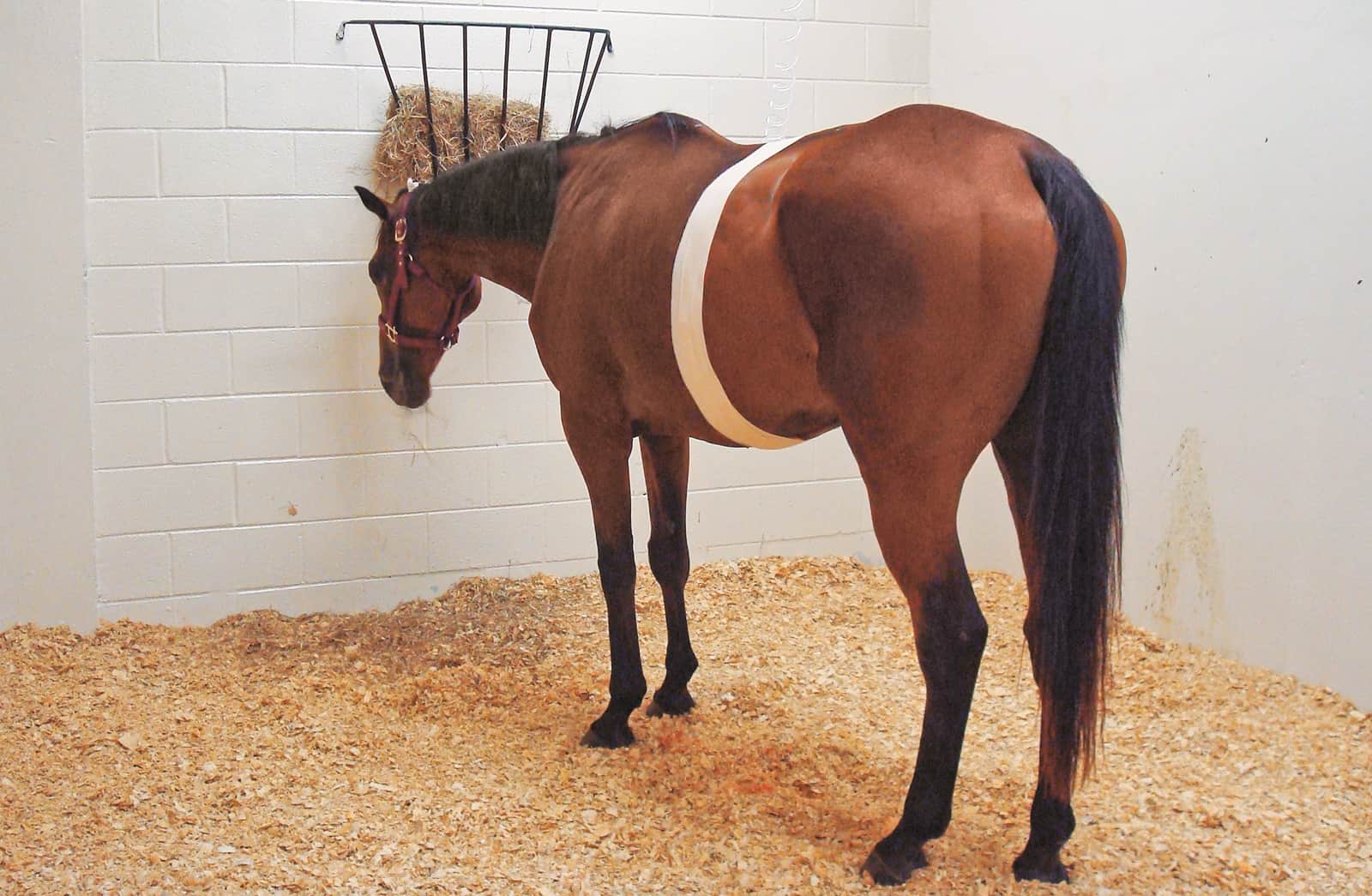8 Horse Colic Take-Homes from the ESS Symposium

Every two years, the Equine Science Society (ESS) holds a symposium covering the latest equine nutrition and physiology research. Anthony Blikslager, DVM, PhD, Dipl. ACVS, professor of equine surgery and gastroenterology at North Carolina State University, in Raleigh, kicked off the 2019 edition, taking place June 3-6 in Asheville, North Carolina, with his perspective as a surgeon on horse colic prevention.
Here are eight interesting facts from his lecture:
1. Equine veterinarians can’t tell what type of colic (e.g., ileal impaction, large colon volvulus, etc.) a horse is experiencing based on clinical signs alone. What they can determine is when medical treatment isn’t working and when signs are getting more severe—both of which suggest a horse might need to go to surgery
Create a free account with TheHorse.com to view this content.
TheHorse.com is home to thousands of free articles about horse health care. In order to access some of our exclusive free content, you must be signed into TheHorse.com.
Start your free account today!
Already have an account?
and continue reading.

Written by:
Alexandra Beckstett
Related Articles
Stay on top of the most recent Horse Health news with












